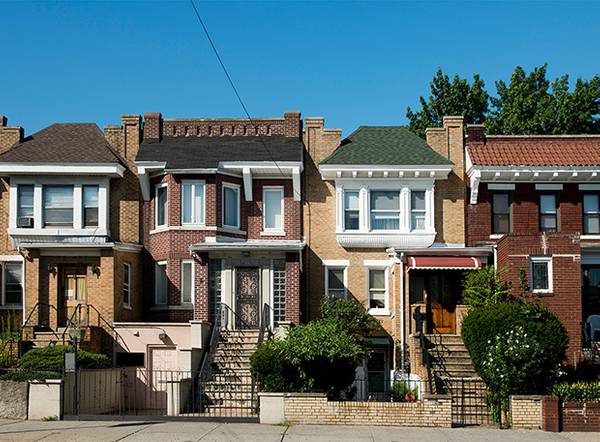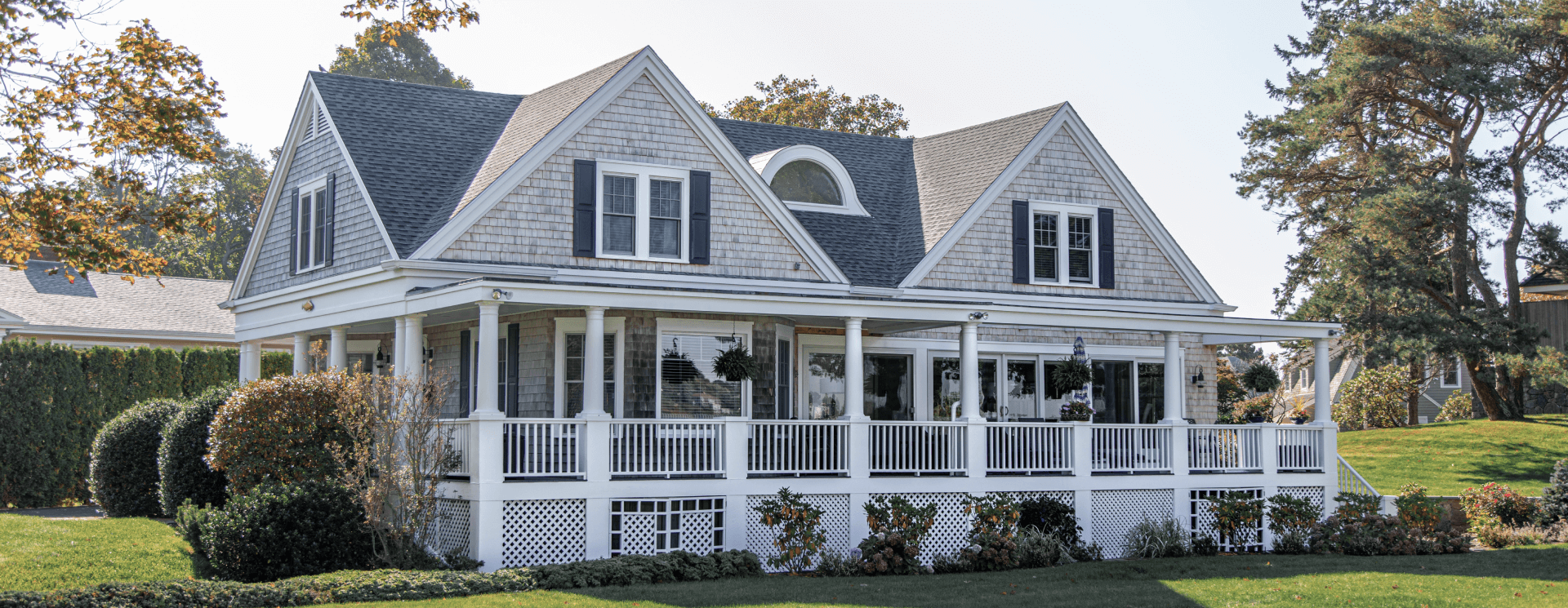
Finding the Right Mortgage for You
Deciding on the right mortgage is essential as it must be paid each month to maintain a stable credit score, good relationship with the lender and overall payment schedule.
The obvious main difference between the two is the length of time it will take to pay back the loan. With both payment amount and accrued interest playing a part, loan payments for a 15-year are usually higher but less interest will be paid in the long run. In comparison, a 30-year loan will require lesser monthly payments but will have more interest accrued over time.
What are the benefits of a 15-year mortgage?
As stated above, a 15-year loan will be paid off quicker than a 30-year term. By paying off your mortgage at a faster pace, money can be saved for other important life events, such as early retirement, the cost of an education or fewer hours at work. A 15-year loan also builds equity faster. Equity is the difference between your home’s value and what you may owe the lender over time. Paying less interest on a 15-year rate will build equity more quickly, improving your credit score and overall financial stability.
Although a 15-year loan has many benefits, one factor to consider when choosing a loan is career stability. Having a steady income is vital for faster, more expensive loan choices, as an inability to make payments will cause financial distress.
What are the benefits of a 30-year mortgage?
One of the main benefits of a 30-year loan is the ability to make low, affordable monthly payments. Lower monthly payments may provide a sense of security, as well as peace of mind that the amount can be met each month.
In addition, tax benefits can be capitalized on, as homeowners can make claims on mortgage interest deductions, putting more money in your pocket each year. With a 30-year mortgage, there is also more wiggle room to pay a little more each month to lessen the time overall.
Paying less each month will also free up your expenses and costs for other routes, such as saving for a car or vacations.
One setback that along with a longer mortgage payment period is the risk to fall behind on payments. You will also end up paying more in interest as it is accrued over a longer period of time.
- Categories:


